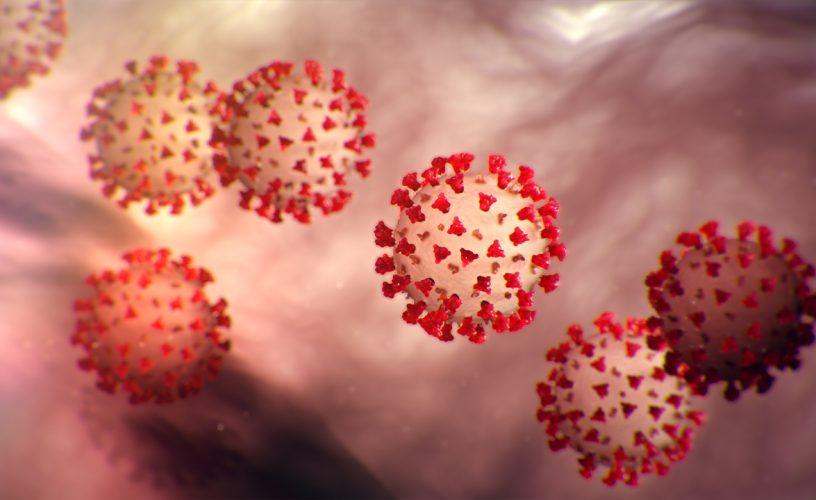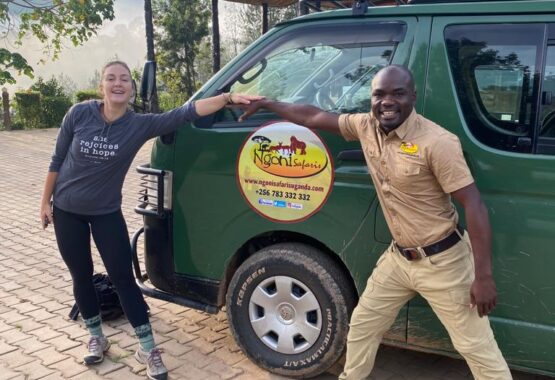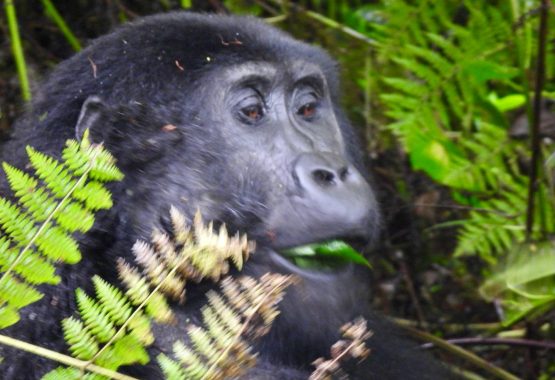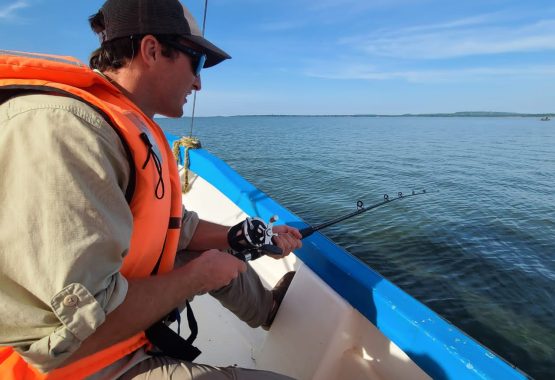

There’s currently no vaccine to prevent coronavirus disease (COVID-19).
You can protect yourself and help prevent spreading the virus to others if you:
Wash your hands regularly for 20 seconds, with soap and water or alcohol-based hand rub
Cover your nose and mouth with a disposable tissue or flexed elbow when you cough or sneeze
Avoid close contact (1 meter or 3 feet) with people who are unwell
Stay home and self-isolate from others in the household if you feel unwell
Touch your eyes, nose, or mouth if your hands are not clean
People may be sick with the virus for 1 to 14 days before developing symptoms. The most common symptoms of coronavirus disease (COVID-19) are fever, tiredness, and dry cough. Most people (about 80%) recover from the disease without needing special treatment.
More rarely, the disease can be serious and even fatal. Older people, and people with other medical conditions (such as asthma, diabetes, or heart disease), may be more vulnerable to becoming severely ill.
People may experience:
cough
fever
tiredness
difficulty breathing (severe cases)
There is no specific medicine to prevent or treat coronavirus disease (COVID-19). People may need supportive care to help them breathe.
If you have mild symptoms, stay at home until you’ve recovered. You can relieve your symptoms if you:
rest and sleep
keep warm
drink plenty of liquids
use a room humidifier or take a hot shower to help ease a sore throat and cough
If you develop a fever, cough, and have difficulty breathing, promptly seek medical care. Call in advance and tell your health provider of any recent travel or recent contact with travelers.




